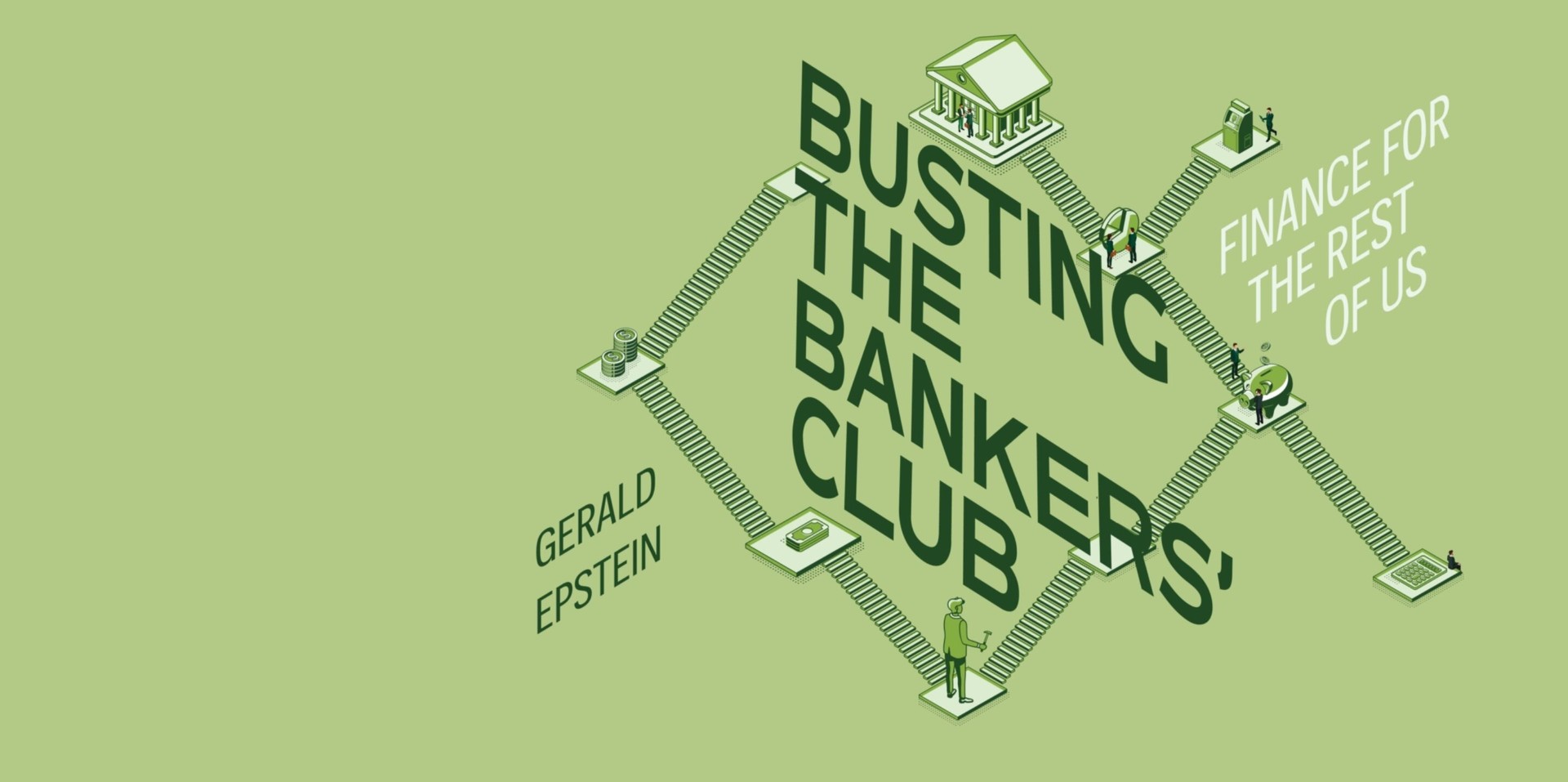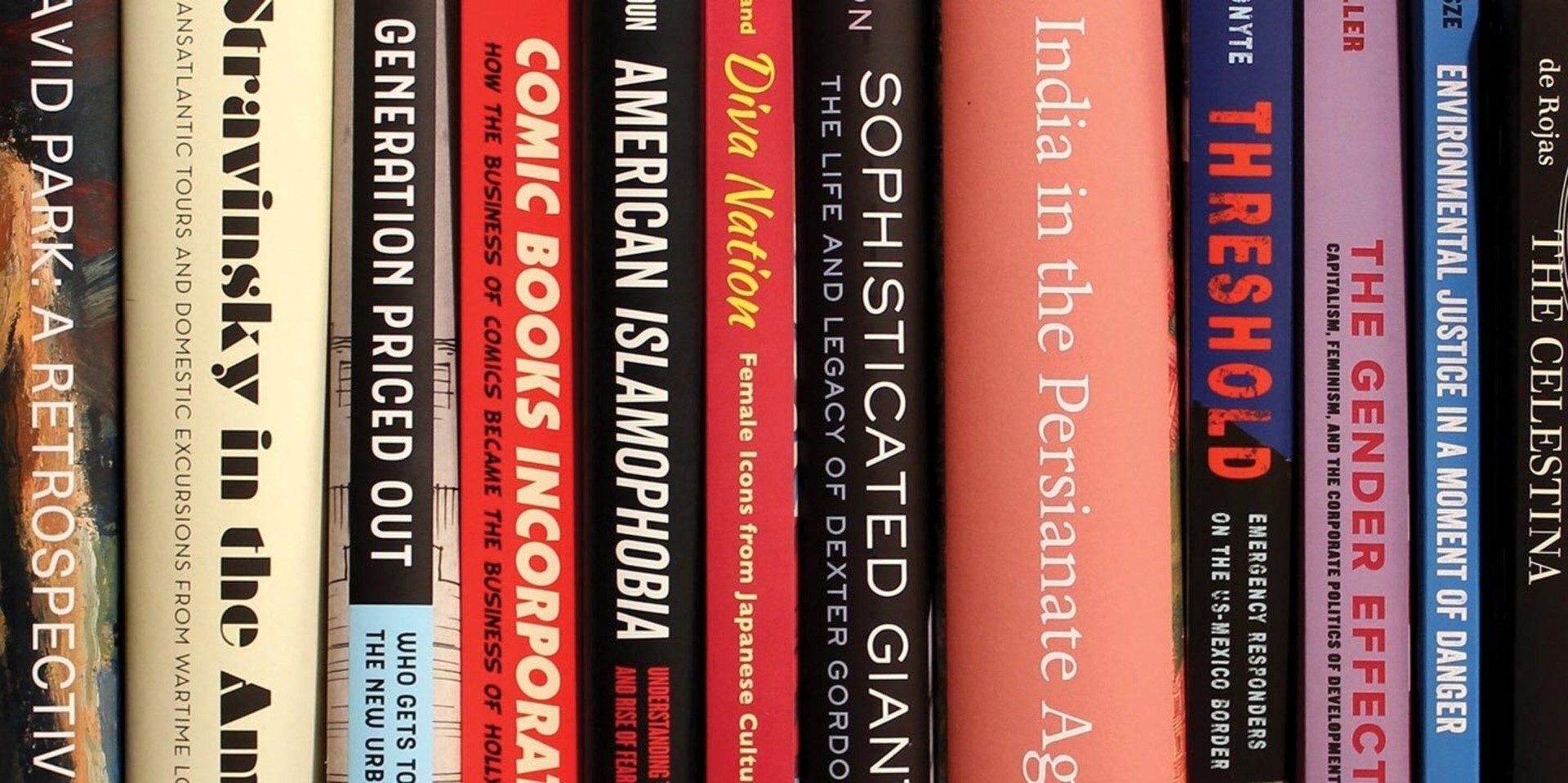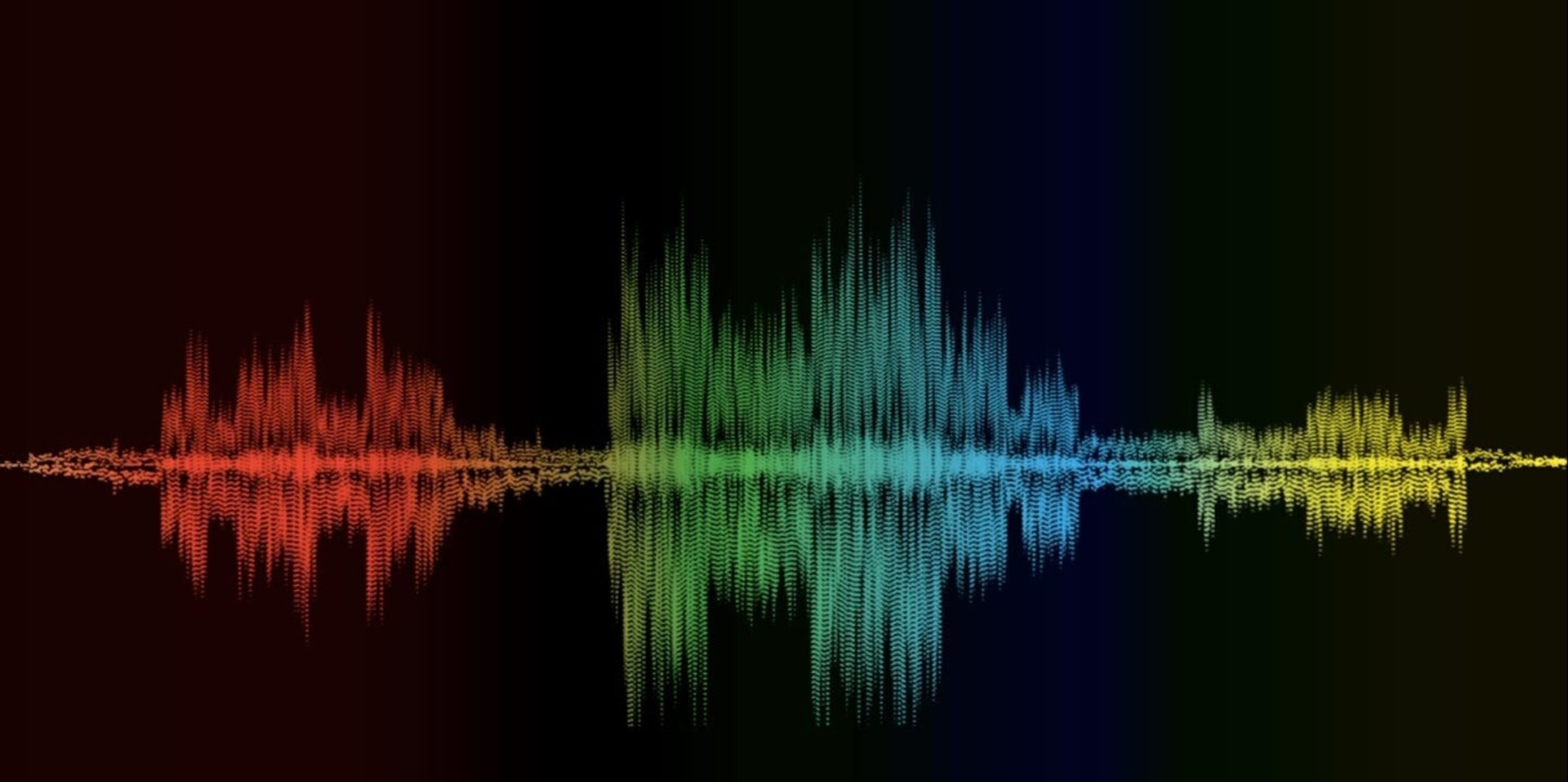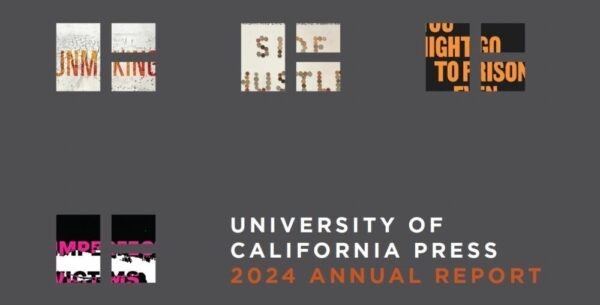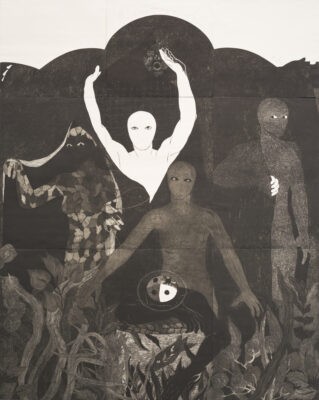What Animals Teach us About Families
Reading the Bible and rabbinic literature to reimagine the bonds between animals. Moving beyond debates about the ethics of animal consumption to focus on animals' intimate lives, Beth A. Berkowitz examines the contribution of religious traditions and sacred texts to contemporary conversations about animals in What Animals Teach us About Families: Kinship and Species in the Bible and Rabbinic Literature (U California Press, 2026). Reading the four "animal family" laws of the Bible alongside their rabbinic interpretations from ancient times to today, she examines the bonds that animals form with each other and reimagines family to include new forms of life and alternative modes of kinship.
Humanitarian politics—and biblical law—tend to take for granted that human interests supersede animal interests and that our moral obligation extends only to avoiding unnecessary suffering, but necessity is determined by humans. What Animals Teach Us About Families looks at animal emotions, animal agency, family diversity, and human response to reconsider the obligations and opportunities the animal family presents.
New books in late antiquity is presented by Ancient Jew Review
Beth A. Berkowitz is Professor and Ingeborg Rennert Chair of Jewish Studies, Department of Religion, Barnard College
Michael Motia teaches in Classics and Religious Studies at UMass Boston
